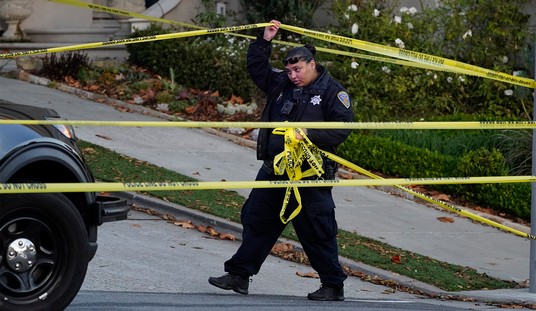Why do auto manufacturers sell their cars through independently owned dealers, rather than directly through their own showrooms and employees?
The dealer system was originally developed on the thinking that franchised dealers would have greater knowledge about local markets to sell cars in those markets, and strong incentives to invest their own resources in developing their dealership franchise and marketing their dealer brand to their own local customer base, expanding their local market.
Today, auto dealers have invested more than $200 billion in land, buildings, software and infrastructure to sell cars. That is a great deal for carmakers, with the combined market caps of the big three auto manufacturers barely half that at $110 billion.
That enables manufacturers to focus their business and resources on designing, engineering, and nationally marketing cars, rather than the low margin selling of cars. Dealers only make between 2-3% profit on the sale of new cars. GM President Mary Barra said at the recent Consumer Electronics Show, “We believe strongly in the dealer model and the tremendous value our customers derive from neighborhood dealer relationships.”
But the dealers soon learned that despite their large investments in car selling, they were at the mercy of the manufacturers, who could replace them, or start up nearby competitors, if they were displeased. With the U.S. economy in deep recession in 1920, Ford kept its plants operating at full capacity by mandating dealers to continue to take their full shares of that auto production, even though they could not sell those volumes during the downturn.
Individual dealers quickly realized they would be displaced if they resisted. Both GM and Ford maintained this practice during the Great Depression. The dealers became a cushion for carmakers, forced to absorb any losses during economic hard times.
The Sherman Anti-trust Act prohibits dealers from banding together to negotiate their contracts with carmakers, to match the market power of the manufacturers. The last time dealers joined up to confront manufacturers over abusive practices in the mid-1990s, the U.S. Justice Department opened an antitrust investigation, and intimidated them into backing off.
Recommended
So the dealers turned to their local states to win countervailing regulation in dealer franchise laws, which restrict dealer termination, control nearby direct competition, and generally require auto sales to be conducted through independent, franchised dealers with licenses, prohibiting direct sales to consumers by manufacturers. That also effectively prohibits direct manufacturer sales online, though many dealerships provide online shopping.
But this morning, the Federal Trade Commission is sponsoring a public workshop on whether the independent dealer franchise model, regulated by state dealer franchise laws, reduces or increases competition. State regulations requiring licenses for different professions -- doctors, lawyers, real estate brokers, even hair stylists and interior decorators -- generally create a barrier to market entry, reducing competition and increasing prices.
But auto dealer franchise laws have the opposite effect, replacing in the retail market nationwide about 30 manufacturers with tens of thousands of dealers, greatly increasing competition and reducing prices. That results because the franchise laws protect the dealers’ investment, ultimately vastly increasing the number of retail competitors. That is why the U.S. Supreme Court upheld dealer franchise laws almost 40 years ago.
The Phoenix Center for Advanced Legal and Economic Public Policy Studies published a study of hundreds of thousands of car sales showing that increased local dealer competition drives down car prices by hundreds of dollars. If you take away the dealers, you take away competition, and prices will go up.
The question is why – given this data and the lack of any countervailing studies – the FTC is questioning the competitiveness of auto retail. Tens of thousands of dealers compete across the country on sales and service, and this competition demonstrably drives down prices. This is clearly a competitive marketplace.
The FTC staff’s move most likely reflects the Obama administration’s hostility from the start to auto dealers, reflected during the GM bailout years ago, and because of the history of auto dealer contributions to Republicans. But in the end there’s no need to spend precious time and resources trying to fix a competitiveness problem where there is no evidence that a problem even exists.
























Join the conversation as a VIP Member